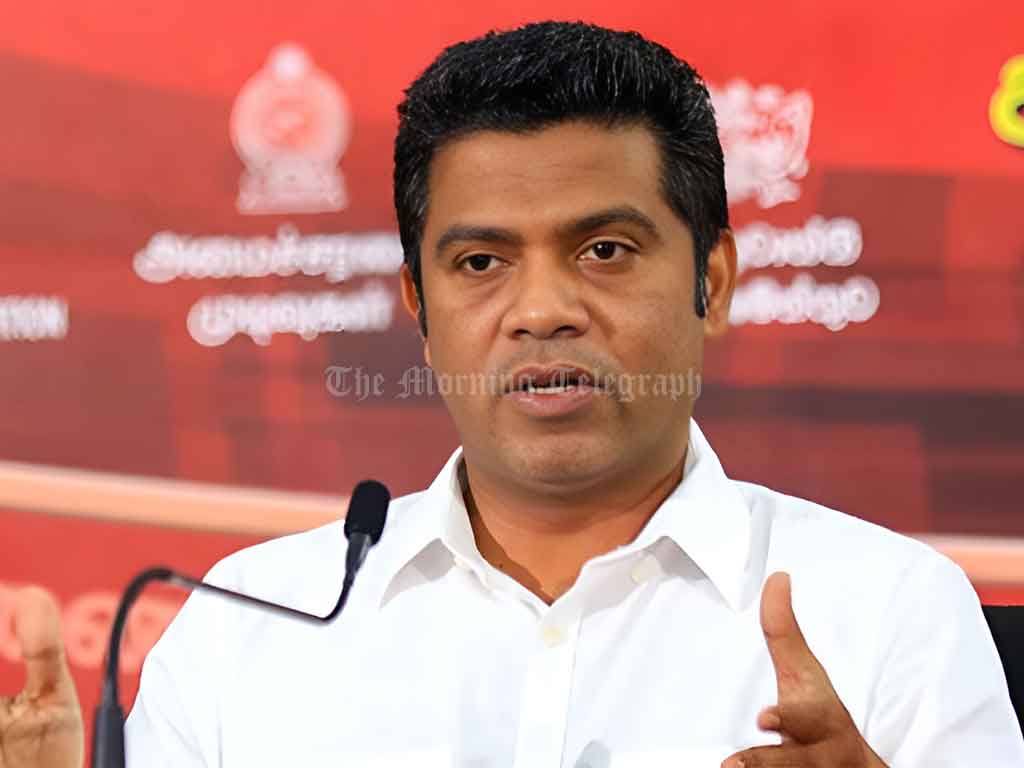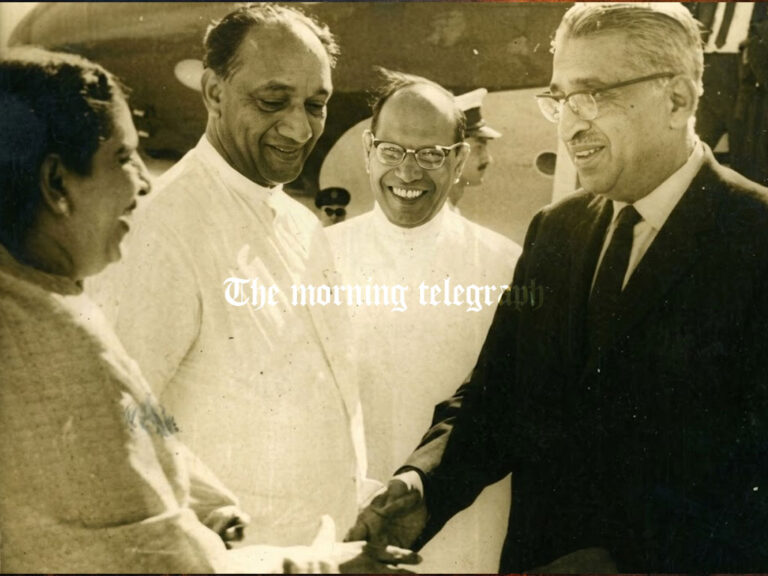
Minister of Health and Indigenous Medicine Dr. Nalinda Jayatissa has announced that Rs. 1,500 million will be allocated this year to complete four major stalled development projects at the Kandy National Hospital. The announcement was made during an inspection of ongoing hospital construction projects that have faced delays.
The projects under review include the New Cancer Complex, the Thalassemia Ward Complex, the Accident & Emergency Care Unit, and the Isolation Ward Complex at the Kandy National Hospital. The Minister emphasized that unauthorized and unplanned hospital constructions have created a significant financial burden on the government and the healthcare system. Many projects, initiated without a formal national strategy, have led to excessive costs and inefficiencies in hospital operations.
Despite these challenges, Dr. Jayatissa assured that the government is committed to completing ongoing hospital projects to a feasible extent. Future funding for Kandy National Hospital’s long-term development will be allocated in phases, following a structured financial plan.
The Minister also noted that Sri Lanka currently has three national hospitals, and based on population needs and geography, only one more national hospital would be required in the future. He highlighted that overcrowding in outpatient departments (OPDs) and clinics has become unsustainable, stressing that the government is focusing on strengthening primary healthcare services to reduce patient congestion in major hospitals.
One of the key developments under this initiative is the completion of the second-largest cancer ward complex in Sri Lanka, following the Maharagama Apeksha Hospital. The second phase of the nine-story cancer ward complex at Kandy General Hospital is set to be completed, with a new cancer clinic and two additional wards expected to open this year.
Following the site inspections, Dr. Jayatissa held discussions with hospital officials and medical staff, including the hospital director. The meeting addressed concerns such as managing the 4,000 daily outpatients, reducing waiting lists for cardiac surgeries, and the urgent need for additional parking facilities to ease traffic congestion in the hospital area.
Other key issues discussed included the illegal acquisition of hospital-owned land, the shortage of medical staff, including specialists, doctors, and nurses, and the need for a formal plan to systematically resolve these challenges. The Minister instructed officials to develop a structured action plan to address these concerns efficiently and promptly.




